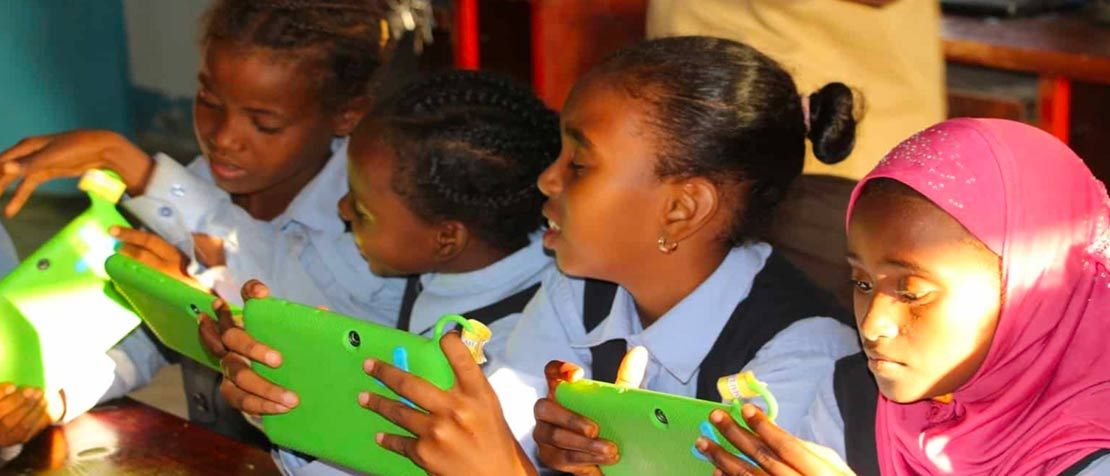
How low cost wireless broadband networks are connecting ‘last-mile’ communities in Djibouti
Twenty per cent of Djibouti’s homes have access to a computer, while internet access is available to just under 10 per cent of households, according to ITU Data.
Within the framework of the Djibouti Vision 2035, the country has embarked on a programme to strengthen its ICT sector with a view to providing quality telecommunication services at affordable prices and to leverage the potential of digital technologies as a driver of economic growth.
To assist the scale-up of the country’s digital transformation, the International Telecommunication Union (ITU), in partnership with the Ministry of Communication, Post and Telecommunication (MCPT) of Djibouti, has been implementing a project to deploy 4G wireless broadband technologies to boost Internet connectivity across the country.
The project focused on connecting communities, using the Worldwide Interoperability for Microwave Access or WiMAX, which is a low-cost wireless broadband technology solution.
WATCH the video:
The project, which was completed in December 2018, was part of the implementation of the 2015-2017 ITU Regional Initiatives for Arab States on Development of Broadband access.
“We are very happy with the use of the WiMAX technology to bring Internet connectivity to our regions as well as in the capital city.” – Abdi Youssouf Sougueh, Djibouti’s Minister of Communication, Post and Telecommunication
“The reports we are getting from the many users are very encouraging,” says Sougueh.
Reaching ‘last-mile’ communities
Given the relatively low cost associated with the deployment of WiMAX, the technology was seen as a viable solution for ‘last-mile’ wireless Internet access in remote locations, including schools and health care centers in Djibouti.

The ‘last mile’ refers to the final leg of the telecommunications networks that deliver services to the end-users. For example: the copper wire lines connecting landline telephones to the local telephone exchange; coaxial cable service carrying television signals from utility poles to subscribers’ homes, and cell towers linking local cell phones to the cellular network.
“The WiMAX project has been a success. Today, primary schools, high schools and health centres are benefiting from improved internet connection.” – Mohamed Assoweh Bouh, Chief Executive Officer, Djibouti Telecom
Typically, the ‘last mile’ is the most costly and difficult part of infrastructure to be built. In this case, the WiMAX technology was chosen as a viable solution for Djibouti.

“Through the WiMAX Network, people in rural and remote areas are able to access the Internet much faster. The WiMAX Network has the capacity to provide connectivity over a radius of 50km,” explained Yahya Elimi Ahmed, Engineer, Djibouti Telecom.

“The technology has made our work much easier. For example, official documents requested by the General Directorate used to take a long time to reach. But today… in less than five minutes I can receive the documents and forward them to the requesting authorities,” added Hassan Ali Hadi, National Education Inspector, Arta Region.
Improving delivery of healthcare in remote areas
These connections have been especially important in the health sector, where hospitals are benefitting from better internet and mobile connectivity. Doctors and health care workers are able to exchange information in real-time thereby improving disease diagnosis and patient management.
“Hospitals in rural and remote areas are now able to send patient medical records and other administrative documents on time.” – Mohamed Ahmed, Doctor, Tadjourah Hospital
“Medical staff can also use the video conferencing system to consult with other colleagues and disease specialists based in the capital.”
The project has brought affordable internet and mobile broadband connectivity to many rural areas in Djibouti and is contributing to efforts by the country to bridge the digital divide and to scale up the use of ICT for development.
